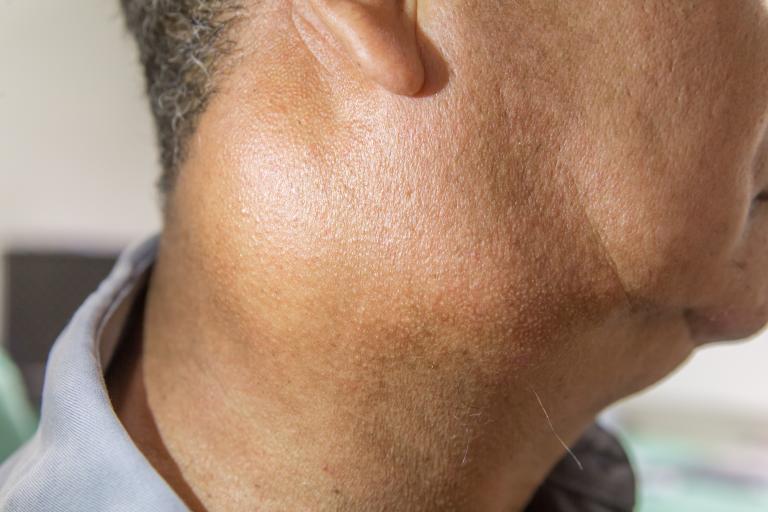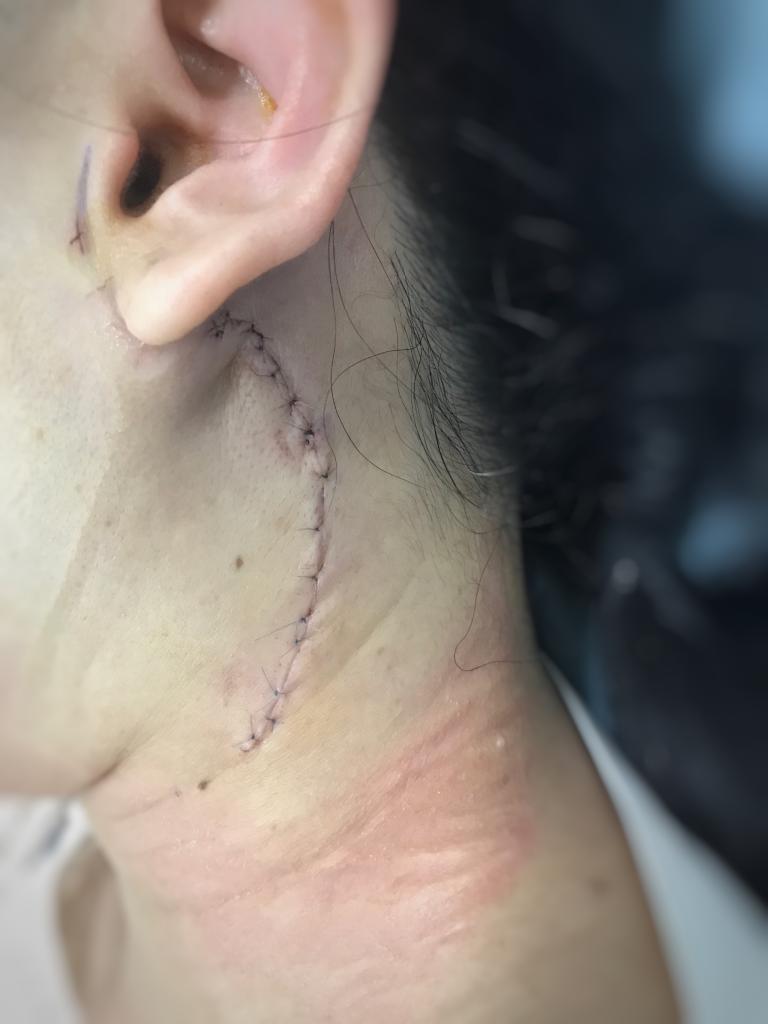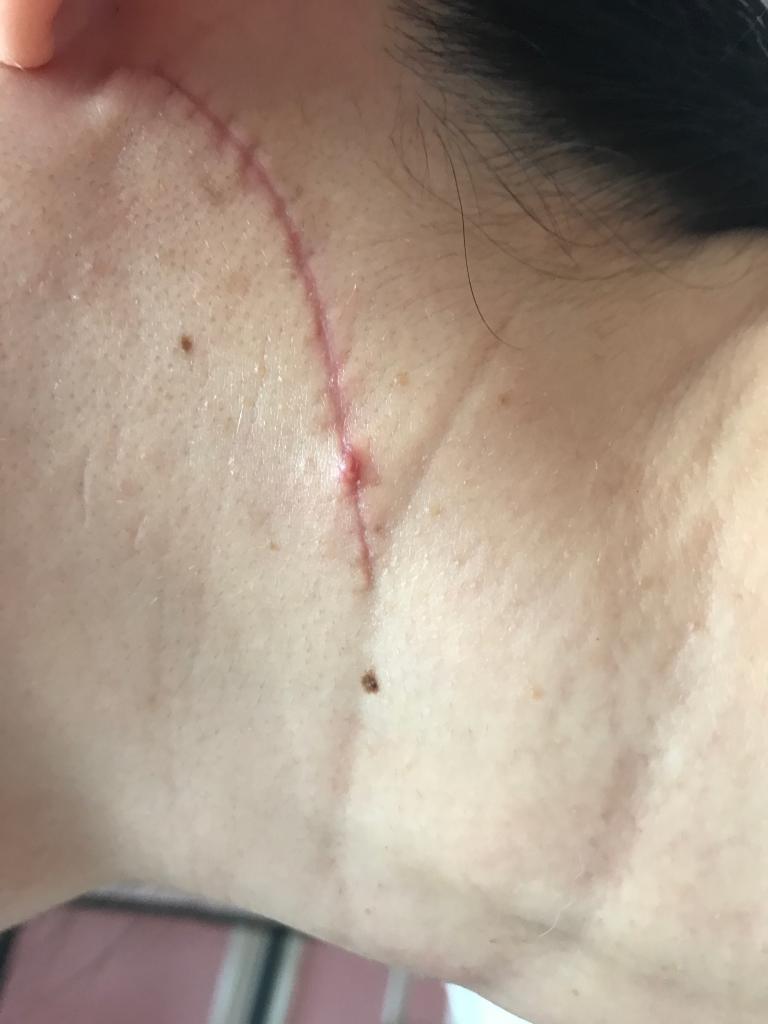Recovery and Rehabilitation
Common side effects
One common side effect from head and neck reconstructive surgery and anaesthetics is fatigue, which may last up to a week or two after surgery. We recommend taking time off to rest and recover.
Your neck and face may swell after surgery and you may experience some numbness in the area. Feeling will return after time.
Leaving the hospital
We recommend having someone to pick you up after surgery. If you live alone, it’s best to organise some help at home until you can manage by yourself. Upon your discharge our team will help identify support options and resources.
Unless advised otherwise, you can shower as normal after surgery. Your incisions can get wet, however pat them dry afterwards. Your wounds should be kept clean and protected from the sun.
Our surgical team will provide post-operative care instructions upon leaving the hospital.
Tube feedings
Tube feedings are also commonly required after head and neck reconstructive surgery. If you go home on tube feedings, your case manager will organise an agency to supply formula etc. You and your carer will be shown how to deliver the tube feeding formula at home.
Physical therapy after reconstructive surgery
To regain your strength you may need some physical and/or occupational therapy post-surgery. Our team will organise a therapist to come to your home.
Additional treatment after surgery
Some cancer patients may need additional chemotherapy or radiation after reconstructive surgery. These details will be discussed during the first or second post-operative consultation.
